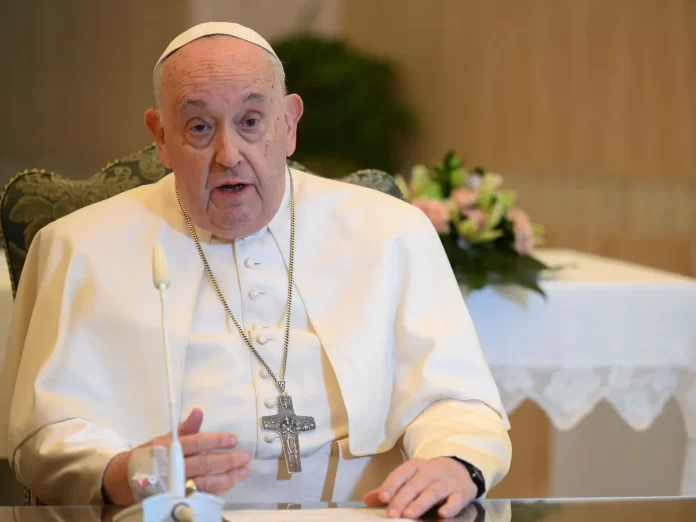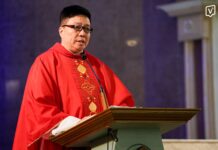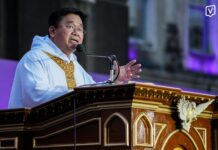HUMANS must be wary of threats brought about by artificial intelligence (AI) as the technology rapidly touches every corner of society, Pope Francis said in his message for the 58th World Day of Social Communications.
Francis, who himself has been the subject of fake, AI-generated photos, asserted that the technology should not diminish the role of journalism in disseminating factual information.
“Provided too that it values the professionalism of communication, making every communicator more aware of his or her responsibilities, and enables all people to be, as they should, discerning participants in the work of communication,” he said in his message published on Wednesday, Jan. 24.
But people can become “means of aggression,” Francis said, as AI has paved the way for the emergence of deepfakes and echo chambers.
Deepfakes are AI-manipulated photos, videos, or audio hoaxes used to manipulate audiences, victimizing, among others, Francis after a photo of him wearing a Balenciaga jacket circulated online in March 2023.
“We need but think of the long-standing problem of disinformation in the form of fake news, which today can employ ‘deepfakes,’ namely the creation and diffusion of images that appear perfectly plausible but false (I too have been an object of this), or of audio messages that use a person’s voice to say things which that person never said,” the Pope said.
Echo chambers feed users information that only amplifies their preexisting beliefs, causing a “mire of confusion.”
“It is unacceptable that the use of artificial intelligence should lead to groupthink, to a gathering of unverified data, to a collective editorial dereliction of duty,” the Pope said. “The representation of reality in ‘big data,’ however useful for the operation of machines, ultimately entails a substantial loss of the truth of things, hindering interpersonal communication and threatening our very humanity.”
Regulation
The Pontiff appealed for ethical regulations on the use of AI because machines are not “neutral.”
“[T]here is a need to act preventively, by proposing models of ethical regulation, to forestall harmful, discriminatory and socially unjust effects of the use of systems of artificial intelligence and to combat their misuse for the purpose of reducing pluralism, polarizing public opinion or creating forms of groupthink,” Francis said.
This was also his call during the World Day of Peace in December 2023, when he urged international organizations to pass treaties to avoid what he deemed as “technological dictatorship.”
“The global scale of artificial intelligence makes it clear that, alongside the responsibility of sovereign states to regulate its use internally, international organizations can play a decisive role in reaching multilateral agreements and coordinating their application and enforcement,” he said.
“I urge the global community of nations to work together in order to adopt a binding international treaty that regulates the development and use of artificial intelligence in its many forms,” he added.
In the end, any recommendations, whether by the Pope or anyone else, would still depend on the people themselves.
“It is up to us to decide whether we will become fodder for algorithms or will nourish our hearts with that freedom without which we cannot grow in wisdom,” Francis said.
The Church annually celebrates World Day of Social Communications on Ascension Sunday. This year, the event will center on the theme “Artificial intelligence and the wisdom of the heart: towards a fully human communication.”
The celebration was established by Pope St. Paul VI in 1967 to reflect on the power of modern social communications to propagate the Catholic faith. Justin Benedict T. Lim














